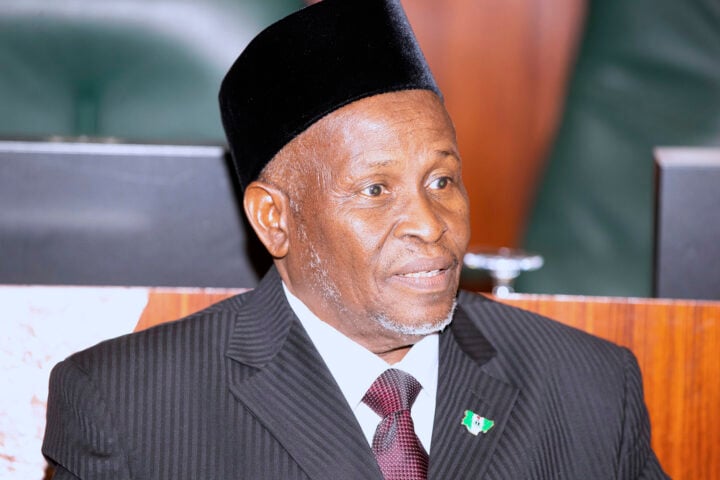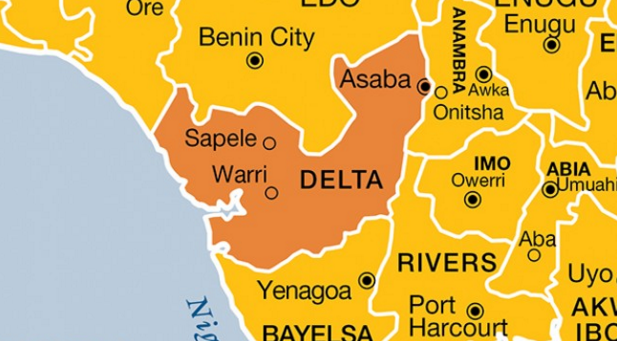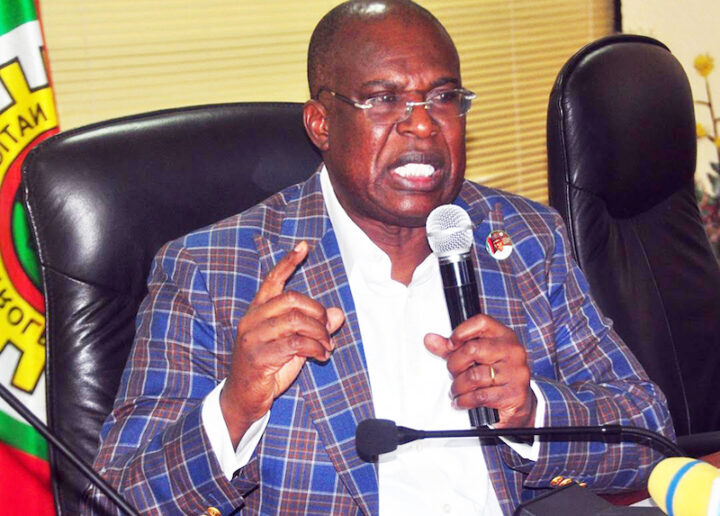PRESIDENT BUHARI PRESIDES OVER POLICY RETREAT 11A-11C. The New Chief Justice of Nigeria (CJN), Hon Justice Tanko Muhammad during his swearing-in at the Council Chambers at the State House Abuja PHOTO; SUNDAY AGHAEZE. JULY 24 2019
Ibrahim Muhammad, chief justice of Nigeria (CJN), says he cannot reach out to all 36 state governors to ask them to implement financial autonomy for the judiciary.
President Muhammadu Buhari had, in May 2020, granted financial autonomy to the legislature and judiciary across the 36 states of the country.
The order makes it mandatory for all states to include the allocations of both the legislature and the judiciary in the first-line charge of their budgets.
This gives powers to the accountant-general of the federation to deduct from source, amount due to the state legislatures and judiciaries from the monthly allocation to each state, for states that refuse to grant such autonomy.
Advertisement
However, state governors are yet to carry out the implementation of this executive order.
Consequently, members of the Judiciary Staff Union of Nigeria (JUSUN) commenced a nationwide strike on Tuesday.
In a statement, Ahuraka Isah, media aide to the CJN, said Muhammad met with the leadership of JUSUN to discuss the negative impact of the strike on court users.
Advertisement
According to Isah, the CJN said he would have loved to speak to each governor on implementing financial autonomy for the judiciary, but noted that it may amount to owing them favours.
“The unintended sufferers of this strike are better imagined. It has spiral effects, including on our children and on the federal judiciary, which is a lesser culprit,” the CJ was quoted saying.
“Ordinarily, I would say let me talk to the individual 36 state governors, which amounts to asking for their favours, but some of them would ask me to do 10 favours in return.
“This is why, as a judge, I am prohibited from asking for favours.”
Advertisement
Add a comment





